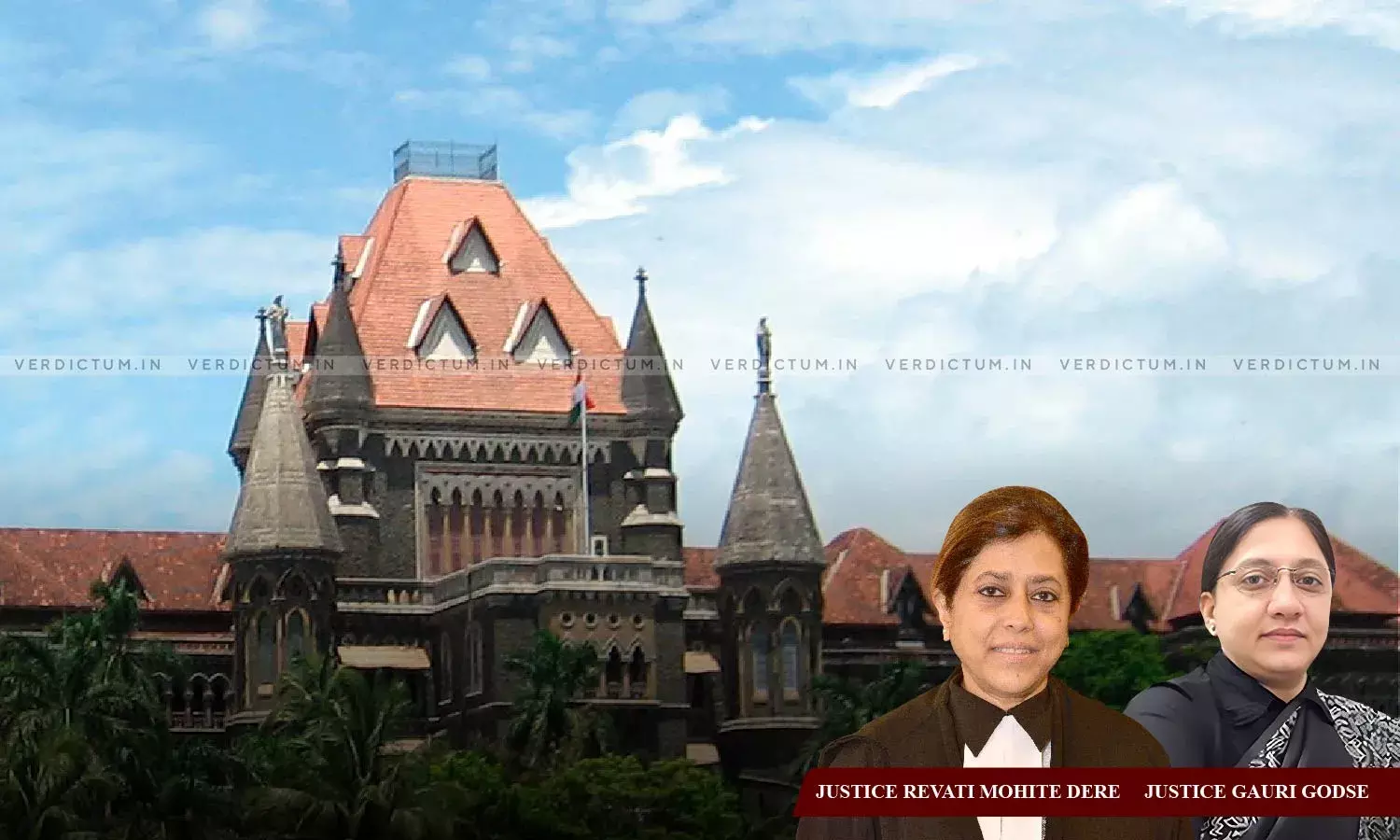Cannot Permit Such Miscarriage Of Justice: Bombay HC Directs Release Of Man Who Was Sentenced To 83 Yrs Imprisonment In 41 Cases

The Bombay High Court has directed the release of a man who was sentenced to undergo 83 years of imprisonment in 41 cases. The Court said that it cannot permit such a miscarriage of justice.
A Division Bench comprising Justice Revati Mohite Dere and Justice Gauri Godse held, “… if the petitioner is permitted to undergo imprisonment in all the aforesaid cases, he would be compelled to undergo imprisonment of approximately 83 years 3 months and 5 days, and since he is not in a position to pay the fine, for non-payment of the fine amount, he would require to undergo imprisonment of further 10 years 1 month and 26 days i.e. a total of 93 years 5 months, his entire life, with no hope whatsoever, to even come out of jail. A sentence, more than what a life convict would have to undergo for murder. If permitted, this would certainly lead to travesty of justice. Being alive to this reality, we cannot permit this miscarriage of justice.”
The Bench said that any sentence imposed by any court must maintain a proper balance between the deterrent and reformative objects of a sentencing policy and must ensure that the said object is sufficiently met.
Advocate Gazala R. Shaikh represented the petitioner while APP P.P. Shinde represented the State.
In this case, the petitioner aged 30 years filed a plea through the Legal Services Authority seeking a direction that the sentences of imprisonment awarded to him by different courts in 41 cases, run concurrently. The petitioner also sought to set aside the fine amount of Rs. 1,26,400/- (total), passed by the various courts.
The petitioner was in custody since 2014 and was arrested and prosecuted essentially for the offences pertaining to theft in 41 cases by different police stations. According to the petitioner, he was falsely implicated in the said cases and being ill-literate and unaware of the niceties of law and having regard to his financial condition, being unable to engage a lawyer, he pleaded guilty in all the 41 cases, under a bonafide belief that he would be released from prison for the period already undergone by him as an undertrial prisoner.
The High Court in the above context noted, “This is a glaring case warranting interference of this Court, as a protector of the fundamental right to life and personal liberty, lest there would be serious miscarriage of justice. The facts in the instant case, warrants exercise of our writ jurisdiction, as well as inherent jurisdiction, to do justice, for which the Courts exists. … We find that the Courts before whom there was more than one case pending before them, had failed to exercise their discretion.”
The Court said that the petitioner was neither defended by any advocate nor was offered any legal aid by the trial court.
“If according to the prosecution, he was about 21 years of age in 2014, he most certainly, was a juvenile in conflict with law, in 2008, 2010 and may be even in 2011. None of the Courts even dwelled into the dates, presumably because, the petitioner pleaded guilty in the said 3 cases, in 2016”, observed the Court.
The Court quoted the words of Earl Warren i.e., “It is the spirit and not the form of law, that keeps justice alive.” It further noted that the petitioner was about 21 years old at the relevant time when he was booked in 38 offences and in 3 cases, a juvenile in conflict with law.
“Infact, even the present petition is filed through jail. Since, the cases were tried by different Courts, we are unable to invoke Section 427(1) Cr.PC. However, at the same time, we cannot be oblivious, to the fact, that there will be serious miscarriage of justice, if we fail to interfere and exercise our discretion, in writ jurisdiction as well as under our inherent powers, in the peculiar facts of this case. Courts exist to do justice, and this is one such case, that begs our interference”, held the Court.
The Court added that the petitioner would remain incarcerated for more than 90 years for committing theft with no prospect of coming out of jail anytime in the future and that the actual period of imprisonment undergone by the petitioner is more than 9 years and more than 11 years without remission.
“It was the bounden duty of the learned Magistrates to have atleast perused the papers before awarding the sentences, more particularly, when the petitioner had pleaded guilty, so as to ensure that the sentences awarded were commensurate with the evidence on record against the petitioner”, also said the Court.
Accordingly, the Court allowed the plea and ordered the release of the petitioner.
Cause Title- Aslam Salim Shaikh v. The State of Maharashtra & Anr. (Neutral Citation: 2023:BHC-AS:19901-DB)


